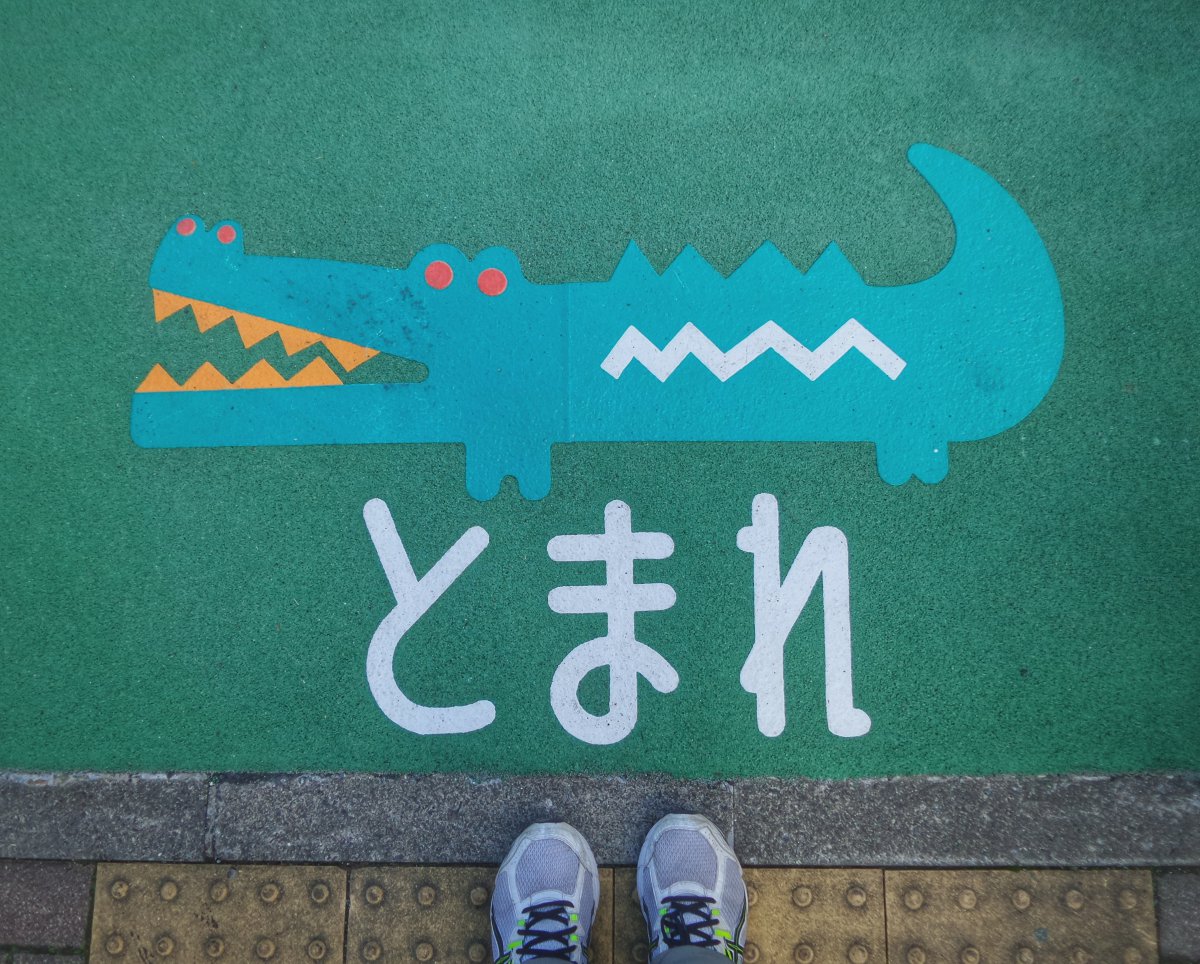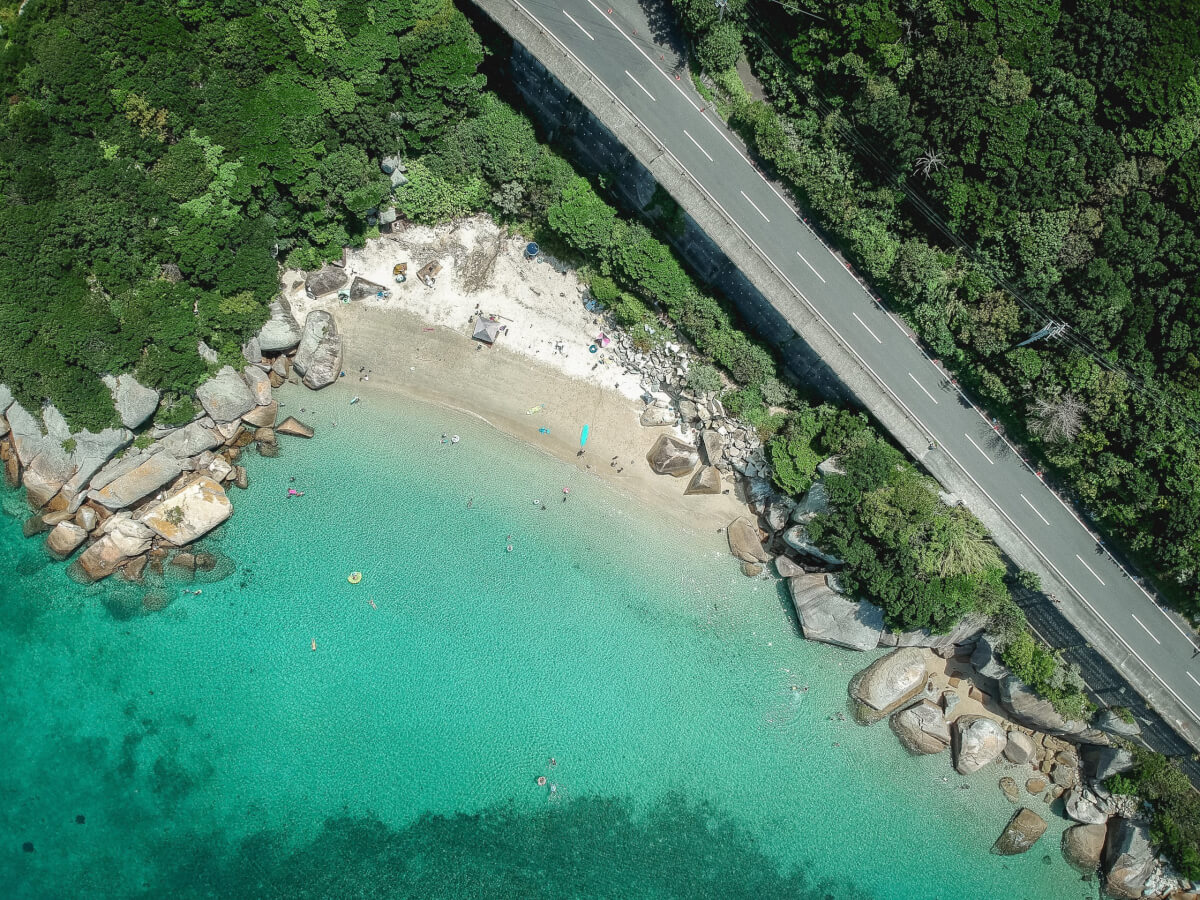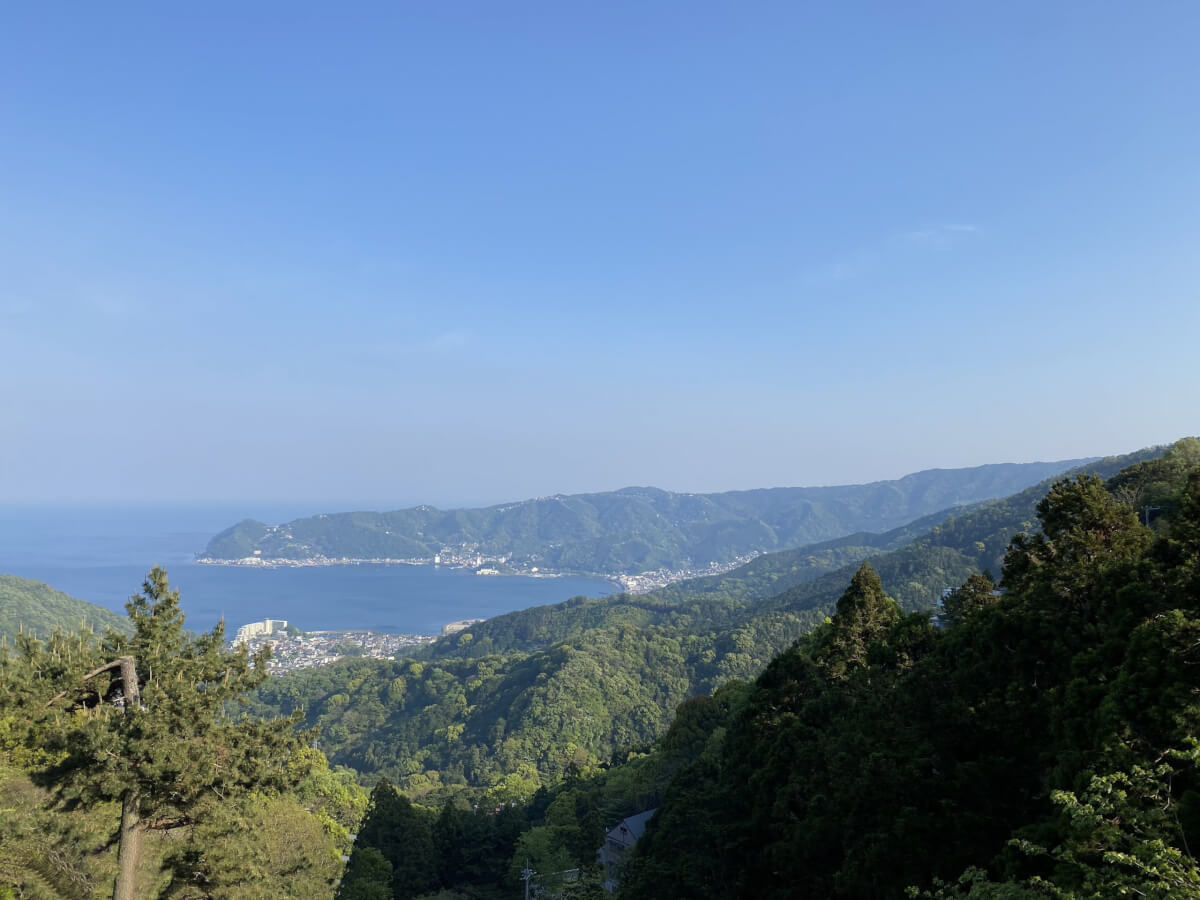Each country has its own social rules and etiquette, and Japan is no exception. Generally speaking, Japanese people like to follow the rules, and they expect everyone would do so. No one wants to insult people without even noticing it, or to be rude when visiting Japan, but sometimes you may do something “wrong” because you had no idea of the hidden rules in Japan. To avoid any trouble, here we listed things you should never do in Japan. You might be surprised by the cultural differences but if you know these hidden rules before your trip, you can enjoy your stay in Japan to the fullest!
- 1. Don’t tip in Japan
- 2. Don’t be loud
- 3. Don’t jaywalk
- 4. Do not litter
- 5. Do not smoke on the street
- 6. Don’t cut in line
- 7. Don’t be late
- 8. Don’t go only to Tokyo
- 9. Don’t wear shoes inside
- 10. Don’t get in onsen without showering
- 11. Don’t be surprised if Japanese people don’t speak English
- 12. Don’t expect to have WiFi everywhere
- 13. Don’t play with your chopsticks
- 14.Don’t be offended when people avoid eye contact in Japan
- 15.Don’t eat on the train (except on Shinkansen)
- More travel tips in Japan
1. Don’t tip in Japan
Tipping is not customary in Japan. In general, you should not tip in Japan because many Japanese people believe that good service is a standard and tipping is sometimes considered as rude and even insulting in some situations. Some hotels or tour companies where the staff are more familiar with tipping culture, tipping may still be appreciated. However, in most cases, the staff will likely refuse to take your tip since there is a rule that an employee is not allowed to take any tip.
2. Don’t be loud
When you are in Japan, you will probably notice how quiet people are in public, especially on public transportation such as trains, subways and buses. Speaking loudly to each other or speaking on your phone is a big no in Japan. Also don’t forget to put your phone on silent mode. If you need to speak on the phone on public transportation, keep your voice down and make your conversation short or get off the train at the nearest station.
3. Don’t jaywalk
As we mentioned in the introduction, Japanese people tend to follow the rules, and there are some rules when you are walking down the streets. Jaywalking is not very common in Japan. It is even illegal in Japan, and if a police officer sees you jaywalking, you can be warned or even fined.
Surprisingly many people don’t cross the street until the traffic light changes even though there’s no passing car. You will get a hard stare from people patiently waiting if you walk across the street when the red light is still on.
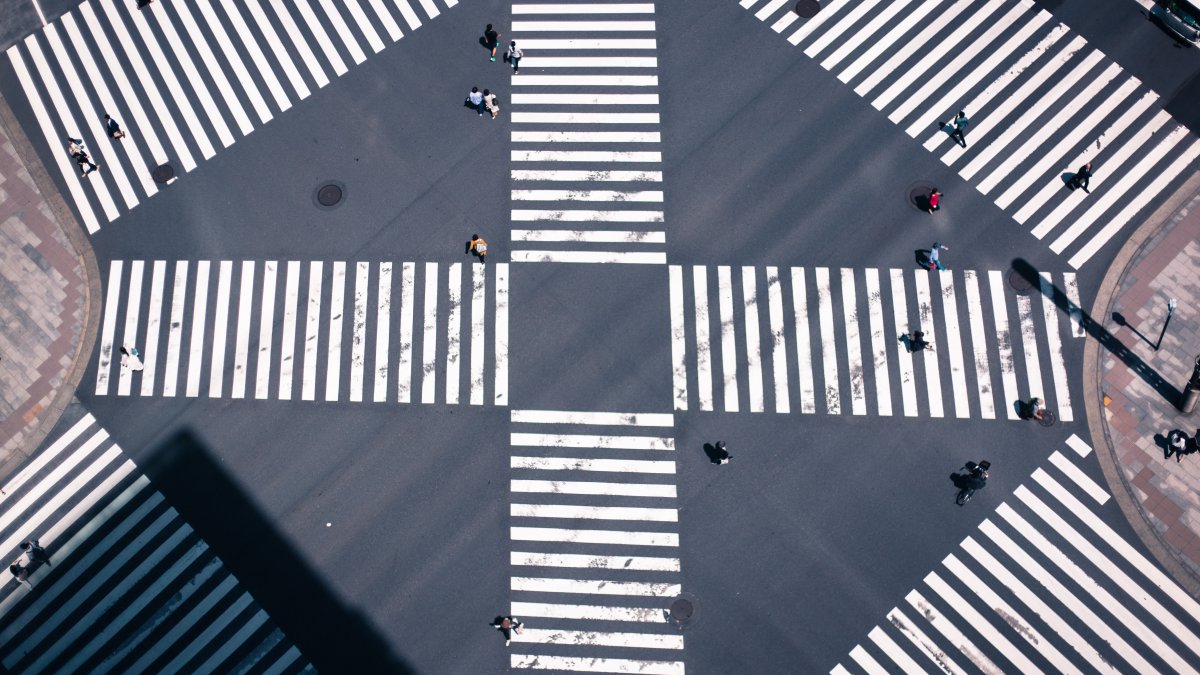
4. Do not litter
Another rule to remember while you walk on the streets in Japan is not to litter. It is true that there are a very limited number of trash cans in public, but streets are always clean. That’s because people usually carry their trash with them until they find a trash can somewhere or until they go back home.
5. Do not smoke on the street
Smoking on the streets is not allowed in Japan. Although sadly sometimes you may find some Japanese people smoking while walking on the streets, it is illegal. If you want to smoke, make sure you do it in the designated public smoking area. There are often smoking rooms in large commercial facilities and around the big station.
6. Don’t cut in line
Japanese people are very organized, and you should expect to find single-file lines anywhere you have to wait for anything: restaurants, cash registers at a shop or grocery store, public toilets, public transportation or taxis. It’s important to make sure you check where the back of the queue is and line up accordingly, cutting lines is considered very rude. On the train station’s platforms, especially in Tokyo, even though there are many people, they wait in line orderly. Usually there are lines on the floor indicating where to stand and wait for your train. When the train arrives, wait until all the passengers come out before boarding.
7. Don’t be late
Japan is a time-conscious society and punctuality is highly valued. Being late, especially in business scenes, is considered to be very rude. Even outside the business scenes such as appointments with doctors or hairdressers, it is common for people to arrive 5 to 10 minutes before their appointment time.
In casual situations, such as a meeting with friends, it is relatively acceptable to be late if you let your friends know but still many people come on time or 5 to 10 minutes early before the meeting time. If you don’t want to be the last person to arrive, remember to be punctual!
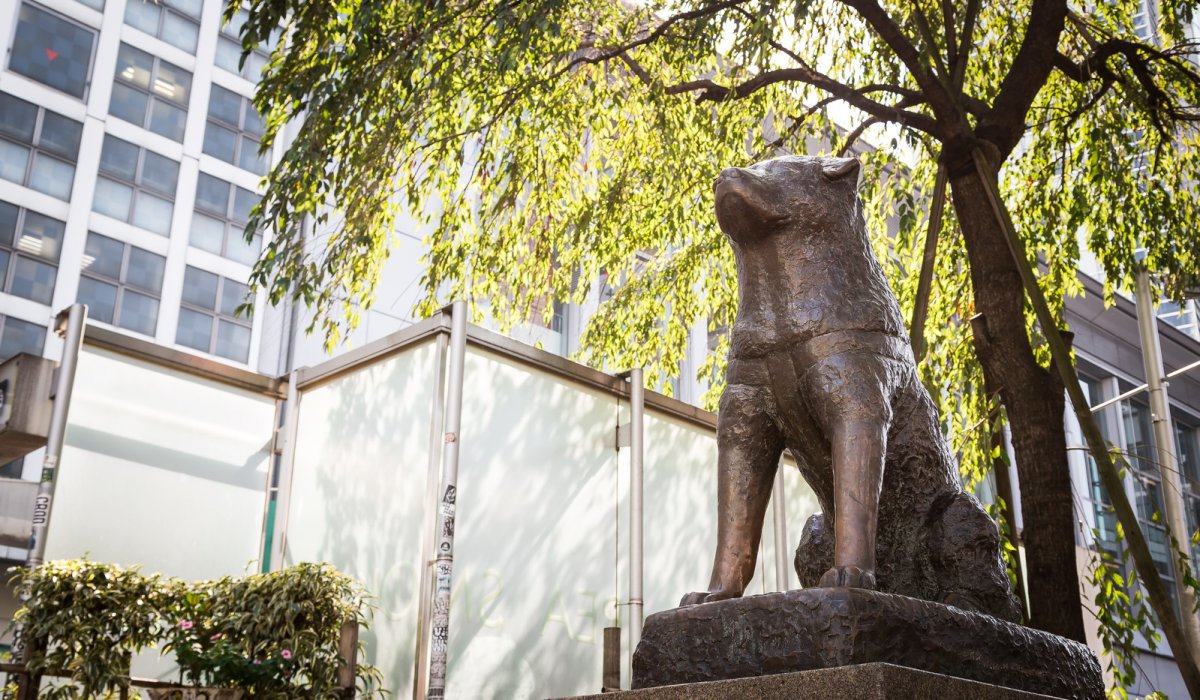
8. Don’t go only to Tokyo
Tokyo is the capital of Japan and there are many famous and popular tourist destinations. It is true that there are plenty of things to do and places to explore in Tokyo; however, we strongly recommend you to visit other areas as well to learn the difference and to see important historical sites.
The frequently visited places in Japan besides Tokyo include Kyoto, Nara, Osaka, and Hiroshima. It’s desirable if you can stay at least a few days in these places to explore. But if you don’t have enough time, there are some top tourist attractions where you can make a day trip from Tokyo such as Kamakura, Hakone, Mount Fuji, and Nikko. There are several guided tours from Tokyo to these places which will allow you to make your visit more enjoyable and explore time efficiently.
Private Tours around Japan by Japan Wonder Travel
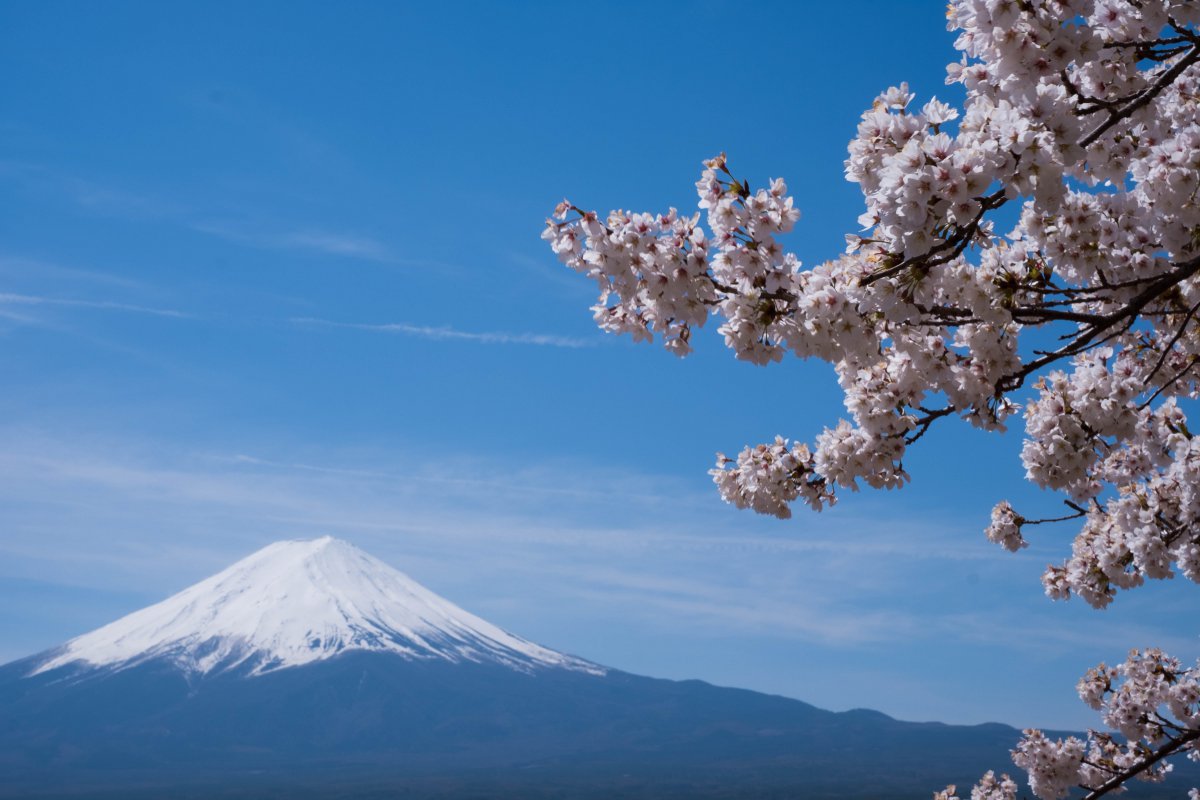
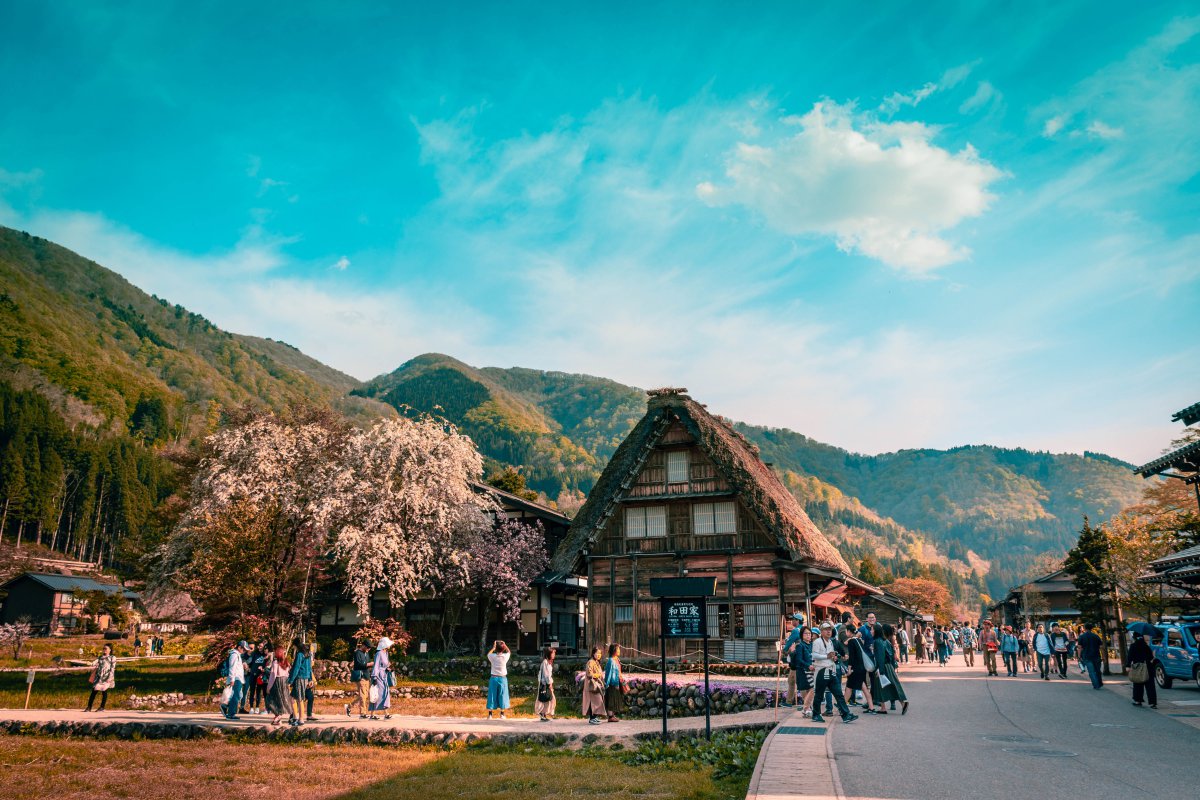
9. Don’t wear shoes inside
It is a Japanese custom to take off the shoes at the entrance and replace them with indoor slippers at the entranceway. These no-shoe rules can be applied to traditional ryokan hotels, Japanese restaurants, some places like temples and shrines, fitting rooms at stores, schools and hospitals and clinics.
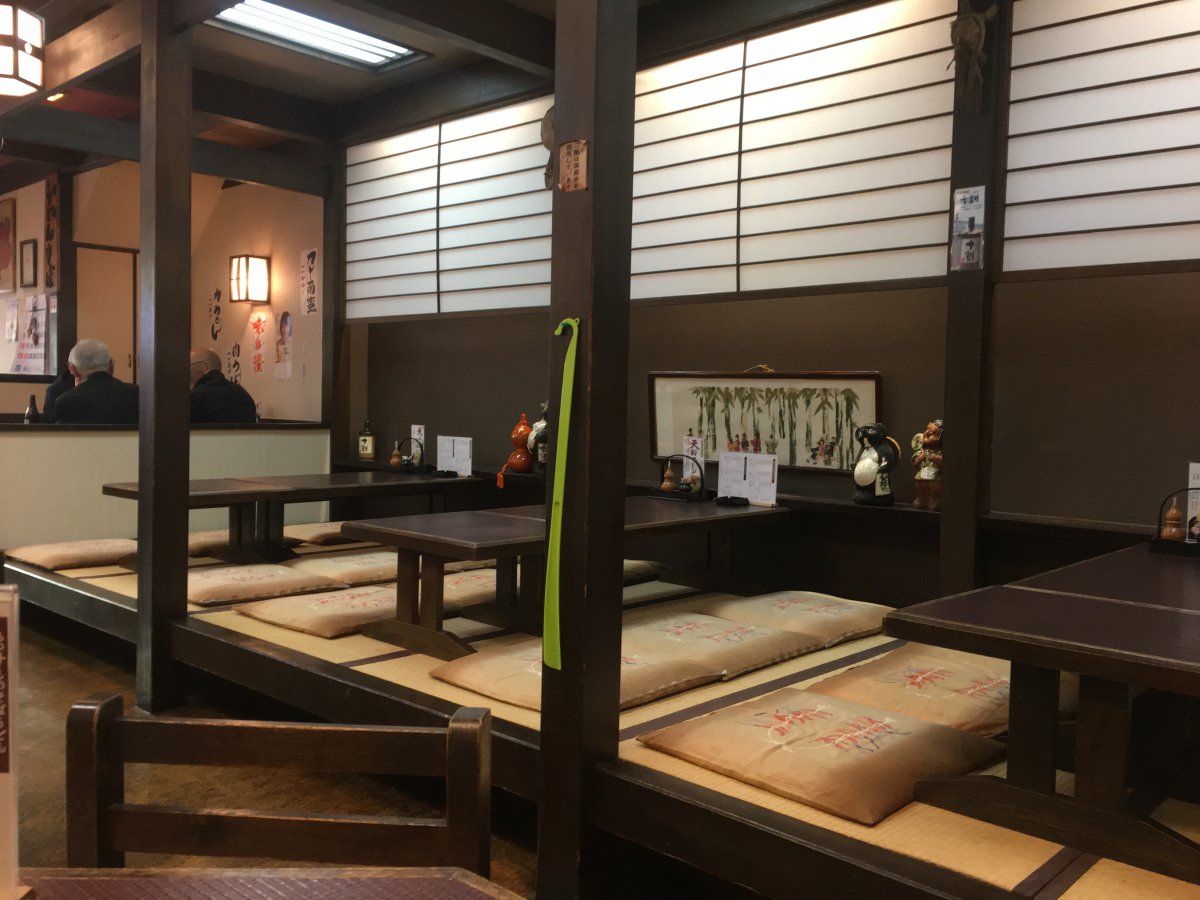
10. Don’t get in onsen without showering
When you are at Onsen hot spring or Sento public bath, wash your body or pour hot water all over your body before entering a bathtub. The bathtub filled with hot water is reserved for having a relaxing soak and not for washing the body. Since many people share the bathtub, it is a good way to clean your body before soaking in the water.
Other rules applied to the onsen or public bath: bathing suits are not allowed (although some outdoor onsen require bathing suits), hair should be tied up to keep it out of the bath water, do not swim in the onsen, and dry off roughly with a towel before you go back into the changing room so that you do not leave the floor of the changing room wet. You can read more rules from here; How To Take An Onsen in Japan? Manners and Rules for Hot Spring
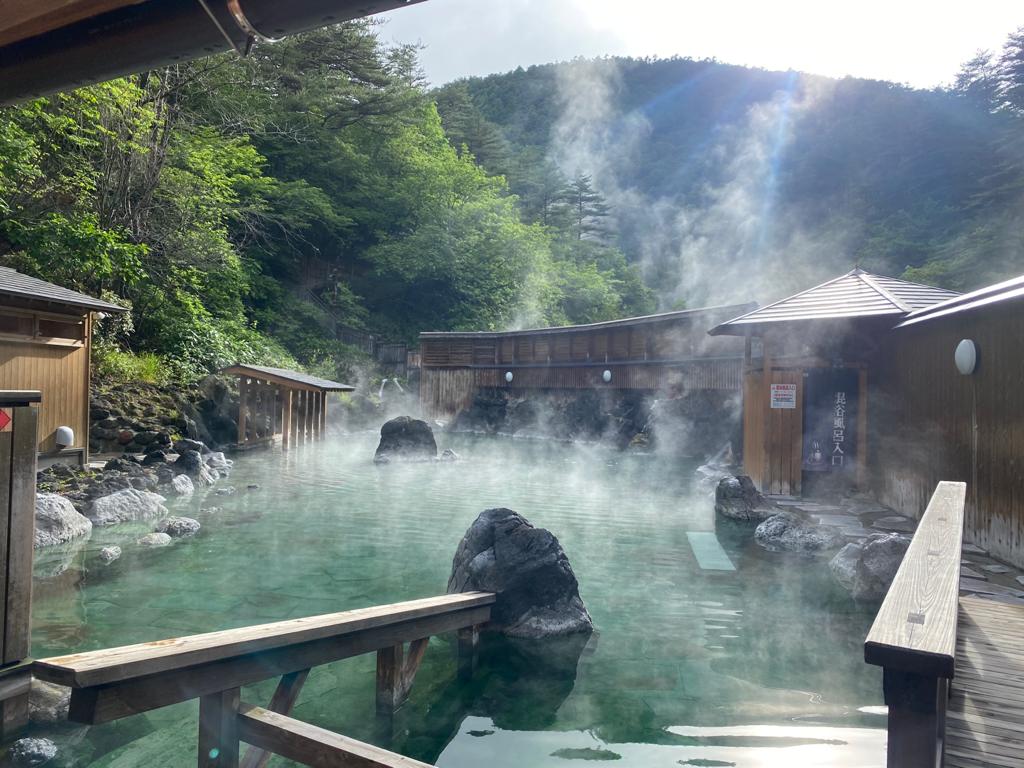
11. Don’t be surprised if Japanese people don’t speak English
When you are in Japan, don’t expect many Japanese people to speak English very well although many names of the shops, restaurants, and products are written in English. Despite the standard twelve years of English language education, many Japanese people find themselves struggling to speak English because many of them did not learn to speak English at school and when they do, they are scared of making mistakes. In some places where there are many foreign tourists, English speaking staff will be available but in most places, people speak very basic English, so speak slowly with the use of simple words.
12. Don’t expect to have WiFi everywhere
It’s easier to find WiFi in the big cities like Tokyo even though the availability is still limited. You can most likely find WiFi spots at the airport, some train stations, convenience stores and sometimes restaurants or cafes in Tokyo. But especially if you travel outside of Tokyo, it is very difficult to get any WiFi around. Even at some hotels, there’s no WiFi available in your room.
If you would like to have WiFi access 24/7, we recommend you to rent WiFi routers (also called personal hotspots, personal WiFi, pocket WiFi etc.), you can rent it at the airport easily. Alternatively, you can purchase SIM cards during your stay.
You can get your WiFi or SIM cards; Pocket WiFi Rental and SIM Sales in Japan
13. Don’t play with your chopsticks
There are some manners to learn when using chopsticks and even some Japanese people are not aware of them. If you remember at least these things below, you will be all set!
- Don’t use your chopsticks to pass food to someone else’s chopsticks.
- Don’t use your chopsticks to move dishes and bowls around.
- Don’t point at people with your chopsticks.
- Don’t stick your chopsticks vertically in your bowl of rice. This resembles a funeral ritual. When you need to put the chopstick down, place them on the chopstick rest or lie them across or lean them against one of your plates.
In addition, don’t be surprised or consider it rude when people make slurping noises while eating soba, udon or ramen noodles because it is a part of Japanese culture. You do not have to make a noise, but it is not a bad manner in Japan.

14.Don’t be offended when people avoid eye contact in Japan
In the western culture, it’s common to make direct eye contact when you talk, and sometimes when someone walks past you, they will greet you while looking you in the eyes.
This is rarely the case in Japan. People tend to avoid direct eye contact because in many cases it makes others uncomfortable. Sometimes direct eye contact is considered even rude especially for older generations. So don’t be offended when people avoid eye contact when you talk with Japanese people.
15.Don’t eat on the train (except on Shinkansen)
Eating on the train or other public transport is mostly not allowed in Japan. But the shinkansen (bullet train) is an exception. You can even enjoy the bento (lunch box) sold on the train or at the station. It is called ekiben and it’s essential to make your train ride more fun! Other exceptions will be a highway bus and an express train with reserved seats which are both for a long journey.
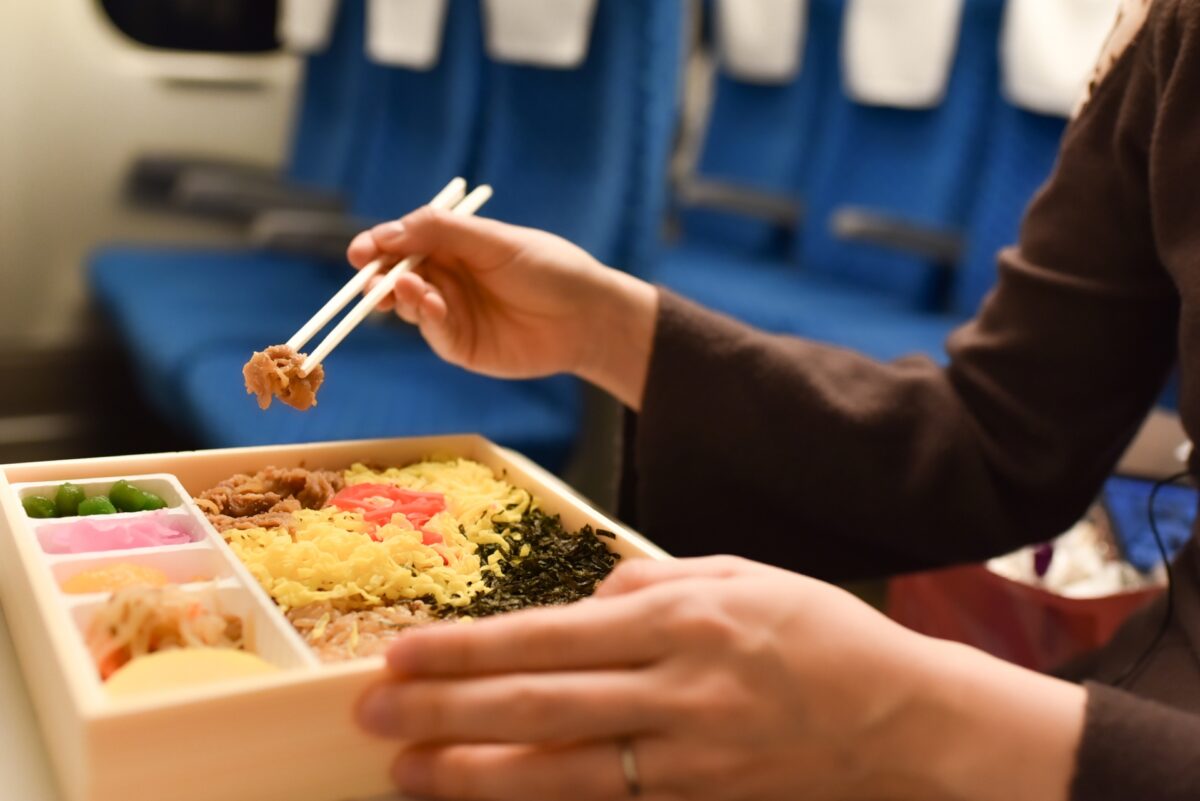
How did you think about our list of don’ts in Japan? There may be a lot of them in Japan, but this is also how you can enjoy different cultures.
Follow us on Instagram or Facebook for more travel inspiration. Or tag us to get featured!
Happy travelling!
More travel tips in Japan

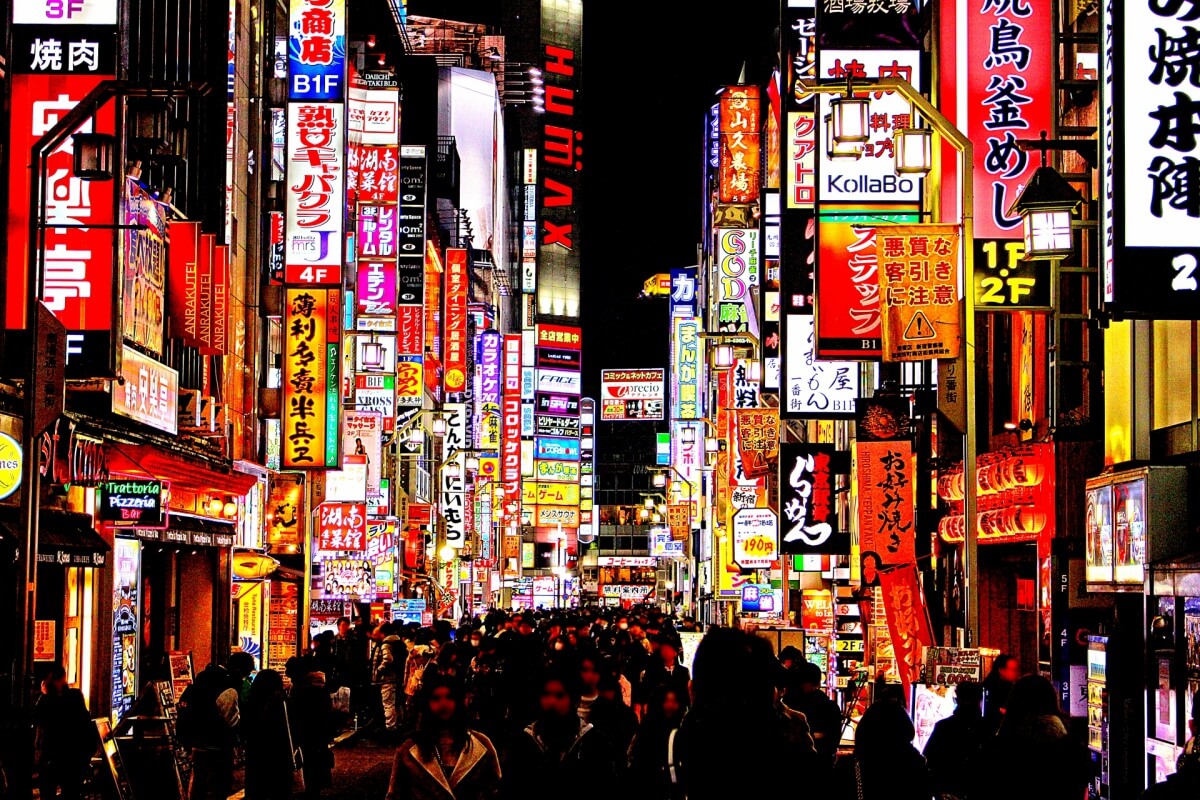

This post may contain some affiliate links. When you click through and make a purchase we may receive some commission, at no extra costs to you
